Honey is not just a sweetener, but a powerful medicine that needs to be used properly to reap its benefits. Raw honey helps aid digestion, soothes coughs, and provides a gentle energy boost. However, overheated or combined with the wrong foods can alter its composition, putting a strain on the body. Understanding these precautions is key to using honey safely and wisely.
1. How does temperature affect honey?
- 1. How does temperature affect honey?
- 2. How to use honey safely
- 4. Why is raw honey preferred?
Modern research shows that heating honey significantly changes its natural composition.
A study on PubMed Central noted that when honey is exposed to high temperatures, the concentration of 5-HMF (5-hydroxymethylfurfural) increases significantly, while the antioxidant activity decreases. This means that the honey loses its nutritional value and beneficial properties.
HMF is produced during heating or prolonged storage of honey. At high levels, this compound may be associated with oxidative stress and increased metabolic burden on the body. Research published in BMC Chemistry also suggests that increased HMF levels may reduce the quality of honey; however, evidence of its effects in humans is limited.
When honey is added to boiling water, hot foods, or cooked directly, the natural enzymes, antioxidants, and beneficial plant compounds are rapidly destroyed. As a result, the original benefits are reduced while unwanted byproducts increase.
Therefore, experts recommend using raw honey, avoiding prolonged heating or processing at high temperatures. Protecting the natural structure of honey helps to preserve its nutritional value and ensure better absorption by the body.
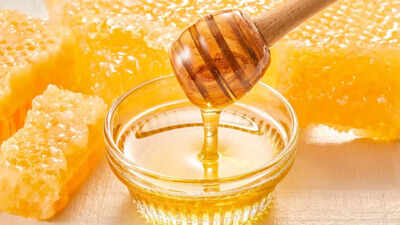
Use raw honey, avoid prolonged heating or processing at high temperatures.
2. How to use honey safely
In Ayurveda (traditional Indian medicine), honey is preferred in its raw, unheated form to preserve its enzymes and natural compounds. Exposure to high temperatures can alter the composition of honey and reduce its nutritional value. Therefore, if you want to mix honey with liquid, choose lukewarm water.
A simple way to test is to try touching it with your finger: If you can hold it for a few seconds without feeling a burning sensation, the temperature is considered suitable.
According to traditional Ayurvedic principles, honey should not be added to tea, coffee, or hot foods because heat can change the honey’s structure. Although scientific evidence in humans is limited, some studies suggest that heating may increase the concentration of HMF and reduce the antioxidant activity of honey.
Additionally, even raw honey contains natural sugars, so it should be used in moderation. Too much can cause indigestion or affect blood sugar control in some people. Using small amounts, according to your body type and individual needs, will help honey become a helpful aid rather than a burden.

Avoid using honey when you have a fever or in acute inflammatory conditions.
3. Foods to avoid combining with honey
In Ayurveda, honey is classified as a medicinal herb with special properties, so certain combinations are recommended to be avoided to limit digestive upset or accumulation of ama (metabolic waste):
- Combinations to be cautious with include honey with hot milk, fish, red meat, radish or mixing honey with ghee or sesame oil in equal proportions.
- Using honey with some sweet fruits should also pay attention to the amount, because it can increase blood sugar in some sensitive people. On the contrary, raw honey combined with ginger, turmeric, cinnamon or black pepper is often used in Ayurveda to help reduce coughs, stuffy nose or seasonal colds.
-nAyurveda also recommends avoiding honey during fever or acute inflammatory conditions. People with gastric reflux, chronic skin conditions, or severe inflammation should consult a specialist before using it.
4. Why is raw honey preferred?
Many food safety standards around the world limit the concentration of HMF (5-hydroxymethylfurfural) in honey, to prevent changes that occur when heated or stored at high temperatures. Honey processed below about 95°C can still meet the regulations, but cooking methods such as baking, frying, or prolonged boiling can increase HMF beyond the desired level. Prolonged storage of honey in a warm environment can also cause HMF to accumulate.
From an Ayurvedic perspective and in line with modern recommendations, raw, unheated honey remains the preferred choice to retain its natural enzymes and biological value.
Accordingly, users should:
- Avoid exposing honey directly to high heat.
- Store in a cool, dry place
- Choose raw, organic, or minimally processed honey
- Use in moderation, appropriate to your health condition…
This way of using it helps to maximize the benefits of honey without putting unnecessary stress on the digestive and metabolic systems.
Note: This article is for general informational purposes only and is not a substitute for professional medical advice, diagnosis, or treatment.
Please watch more videos:
Source: https://suckhoedoisong.vn/mat-ong-duoc-lieu-quy-co-the-hoa-doc-neu-xu-ly-sai-cach-169251123110819425.htm








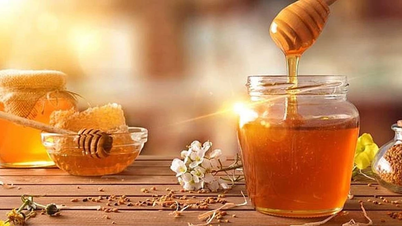

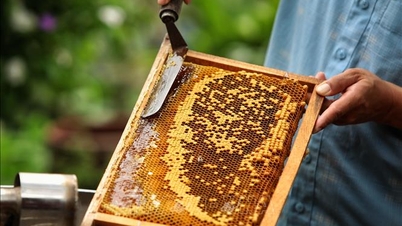

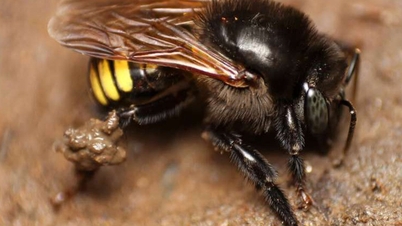

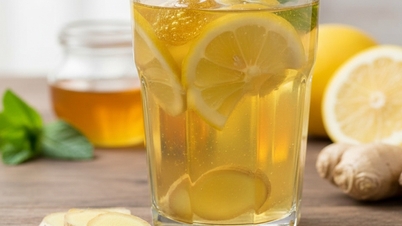

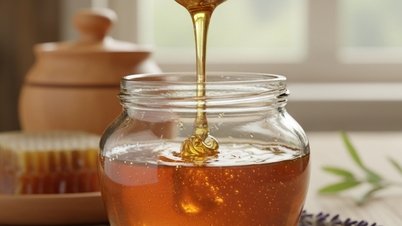
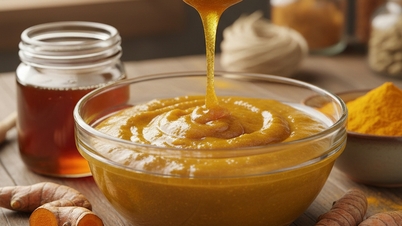
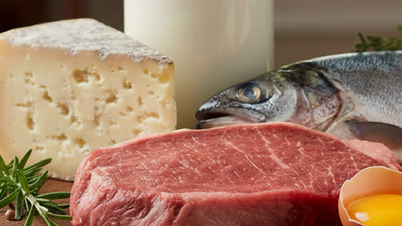





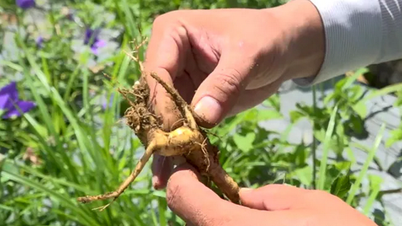





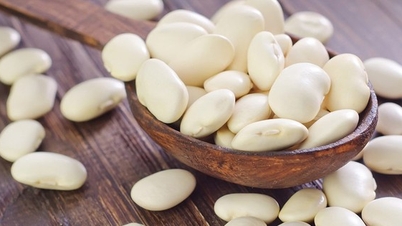
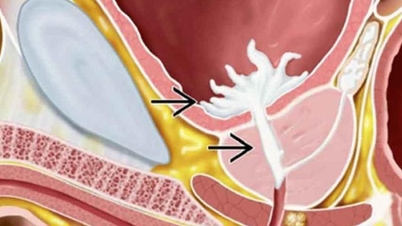


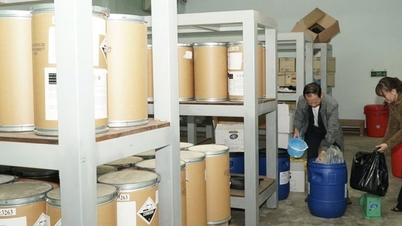











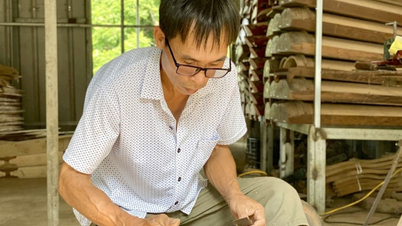







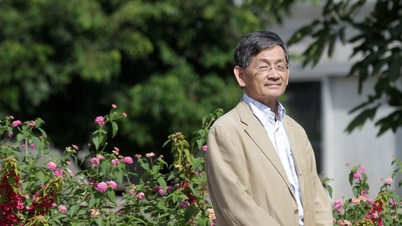

















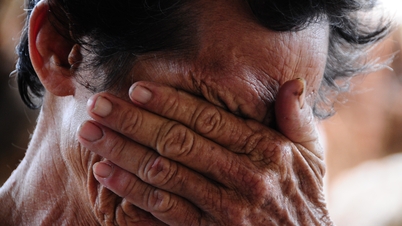










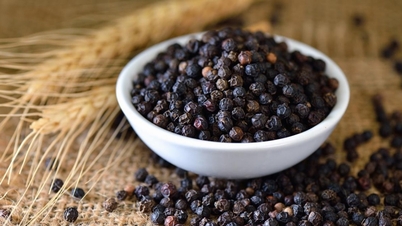





















Comment (0)